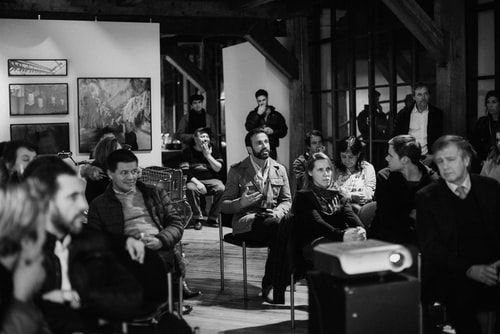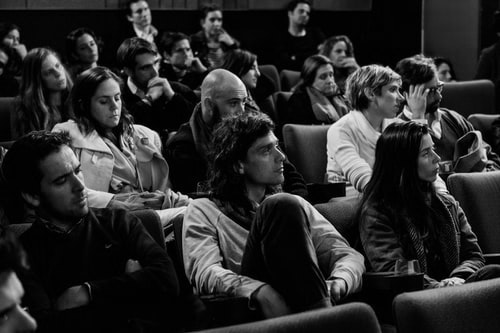Andrew Wei, MBBS, PhD, FRACP, FRCPA, from the Alfred Hospital and Monash University, Melbourne, Australia, discusses a Phase I/II trial assessing the safety and efficacy of venetoclax plus low-dose cytarabine (LDAC) in treatment-naive patients aged over 65 years with acute myeloid leukemia (AML), which was presented at the International Symposium on Acute Leukemias (ISAL) 2017 in Munich, Germany (NCT02287233). The small molecule BCL-2 inhibitor showed a modest effect in advanced acute myeloid leukemia patients of 19% complete remission (CR), and was taken into elderly AML patients who were considered unfit for intensive chemotherapy, and combined with low-dose cytarabine (LDAC). Dr Wei describes how 54% of elderly AML patients receiving venetoclax plus LDAC achieved complete remission, with a one-year survival rate of 70%. LDAC alone gives a complete remission rate of 18% in a similar population, and so the results of LDAC in combination with venetoclax were surprisingly good. He concludes that follow up will determine whether these effects stand up to time, but points out that the results so far are encouraging for AML patients aged over 65 years, and explains that this will now be taken forward in a randomized study.













